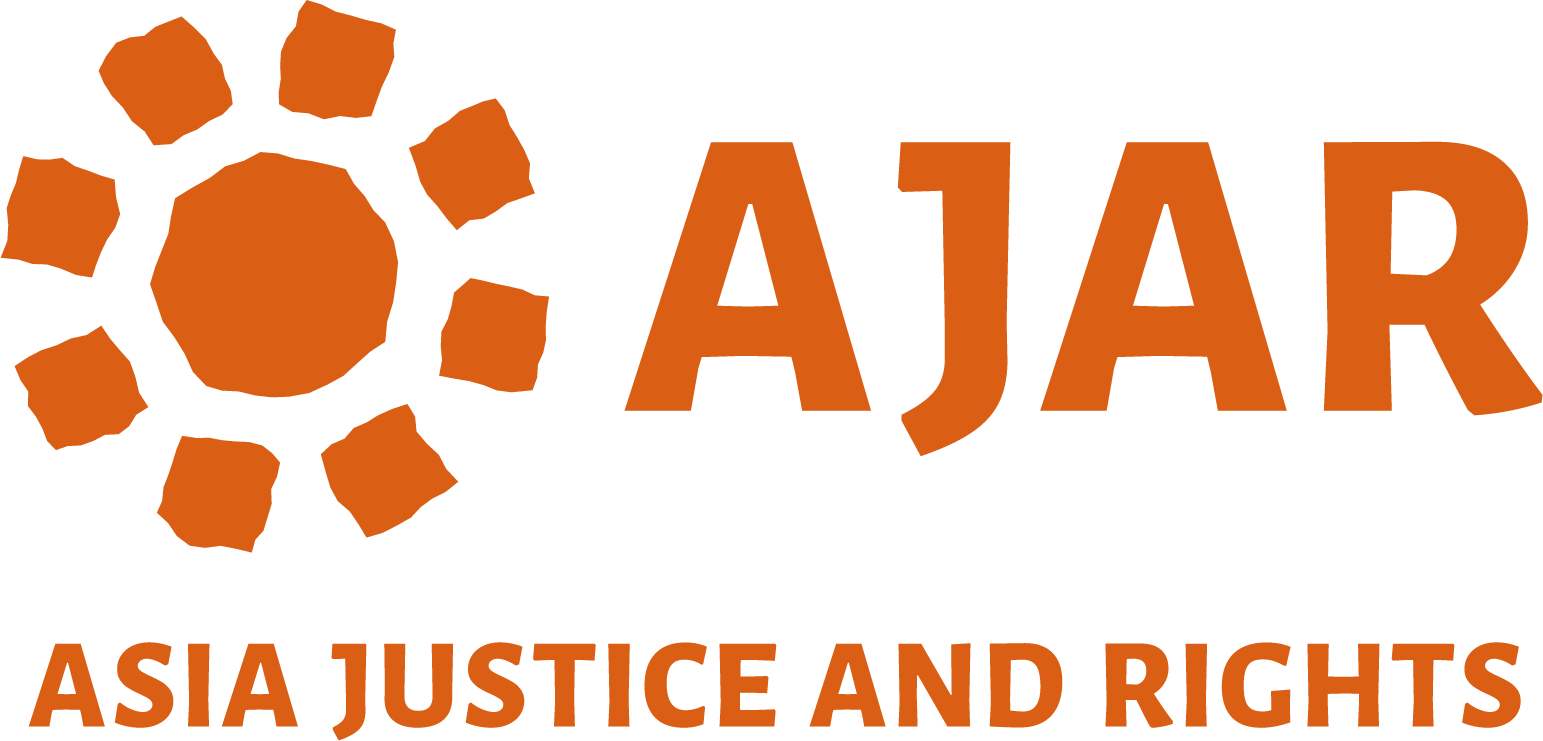While a comprehensive approach to institutional reform is critical to ensure its effectiveness and sustainability, these operational guidelines focus on one area: the reform of an institution’s personnel. The principal constituents of a public institution are its employees. The institution acts through its employees and is represented by them. Past malfunctioning and abuses were often the result of various deficits of an institution’s personnel. Personnel reform is, therefore, a central component of any effective and sustainable institutional reform process.
Vetting is an important aspect of personnel reform in countries in transition. Vetting can be defined as assessing integrity to determine suitability for public employment.
Integrity refers to an employee’s adherence to international standards of human rights and professional conduct, including a person’s financial propriety. Public employees who are personally responsible for gross violations of human rights or serious crimes under international law revealed a basic lack of integrity and breached the trust of the citizens they were meant to serve.
The citizens, in particular the victims of abuses, are unlikely to trust and rely on a public institution that retains or hires individuals with serious integrity deficits, which would fundamentally impair the institution’s capacity to deliver its mandate. Vetting processes aim at excluding from public service persons with serious integrity deficits in order to (re-)establish civic trust and (re-)legitimize public institutions.
Integrity is measured by a person’s conduct. Vetting processes should, therefore, be based on assessments of individual conduct. Purges and other large-scale removals on the sole basis of group or party affiliation tend to cast the net too wide and to remove public employees of integrity who bear no individual responsibility for past abuses. At the same time, group removals may also be too narrow and overlook individuals who committed abuses but were not members of the group. Such broadly construed collective processes violate basic due process standards, are unlikely to achieve the intended reform goals, may remove employees whose expertise is needed in the post-conflict or post-authoritarian period, and may create a pool of discontented employees that might undermine the transition.
Lustration
Lustration in general is the process of making something clear or pure, usually by means of a propitiatory offering. The term is taken from the ancient Roman lustratio purification rituals.
After the fall of the various European Communist governments with in the late 1980s and early 1990s, the term came to refer to government-sanctioned policies of “mass disqualification of those associated with the abuses under the prior regime.” Procedures excluded participation of former communists, and especially of informants of the communist secret police, in successor political positions, or even in civil service positions. This exclusion formed part of the wider decommunisation campaigns. In some countries, however, lustration laws did not lead to exclusion and disqualification. Lustration law in Hungary (1994–2003) was based on the exposure of compromised state officials, while lustration law in Poland (1999–2005) depended on confession.
Lustration law “is a special public employment law that regulates the process of examining whether a person holding certain higher public positions worked or collaborated with the repressive apparatus of the communist regime.” The ‘special’ nature of lustration law refers to its transitional character. As of 1996, various lustration laws of varying scope were implemented in the Czech Republic, Slovakia, Hungary, Macedonia, Albania, and other Eastern European countries. As of 2019, lustration laws had not been passed in Belarus, nor in former Yugoslavia or the former Soviet Central Asian Republics (Kazakhstan, Kyrgyzstan, Tajikistan, and Uzbekistan).
